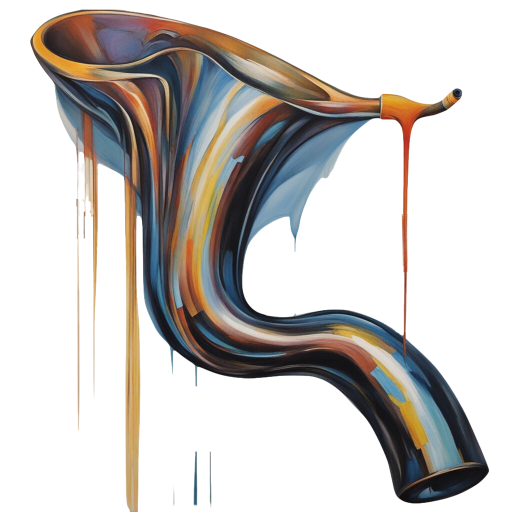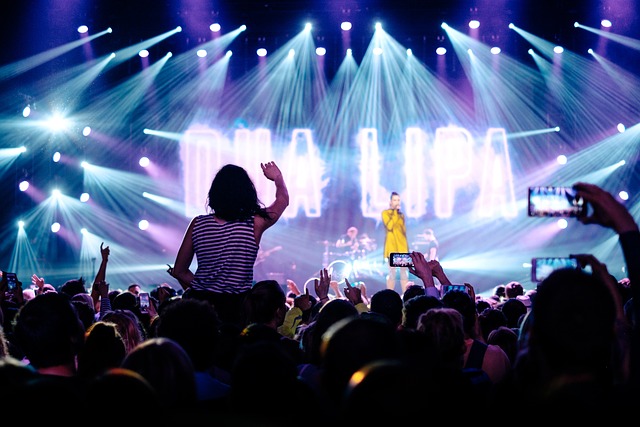Imagine you’re swaying to the rhythm of your favorite song, lost in a sea of fans who share your passion. The lights, the bass, the shared energy – it’s electrifying. Suddenly, amidst this euphoria, an object darts through the air, narrowly missing the artist you adore. The mood shifts instantly. Whispers and murmurs fill the air, replacing the harmonious cheers. Sadly, such incidents aren’t confined to the imagination anymore.
They’ve become unsettlingly common in concert scenes worldwide. Remember when Drake had to take an unexpected pause at It’s All a Blur” tour due to a tossed phone? It prompts the question: Why, in these spaces of a shared love for music, are people resorting to such disruptive behavior?
Decades ago, fans would shower their favorite artists with flowers, teddy bears, or even the odd bra! These were symbols of adoration. Fast forward to today, and the tokens of appreciation have, in some cases, taken a more ominous turn. On this page, I’ll share with you some of the motives behind this trend and its ripple effects on the world of live music.
Reasons Behind the Trend:
Seeking Attention: Scroll through any social media feed and it’s clear: we’re in the era of viral challenges and outlandish stunts. In such a landscape, some see concerts as a prime stage for their “moment”. Tossing an unexpected item might, in their mind, snag them a brief spotlight, especially if the artist acknowledges or reacts to it. “Did you see that? That was me!” they’d exclaim, hoping for likes, shares, and maybe even a news feature.
Discontent or Protest: Music has always been intertwined with politics, societal issues, and personal beliefs. And fans? They’re just as passionate. If an artist makes a controversial statement or takes a stance some don’t agree with, their live performance might become an outlet for fans’ dissent. Throwing something can be seen as a tangible, albeit disruptive, way to voice disagreement or disappointment.
Peer Pressure and Mob Mentality: Think back to the wild things you did just because your friends egged you on. Now, amplify that with the collective energy of thousands at a concert. That’s a potent mix. When immersed in the electrifying environment of a concert, people sometimes get carried away, doing things they might never consider a solo. What starts with one person can ripple through, leading to a cascade of copycat actions.
Influence of Alcohol and Drugs: The hazy judgment that comes with a few too many drinks or other substances can warp one’s sense of appropriateness. What seems like a harmless or funny idea in an intoxicated state — say, flinging that empty cup — can quickly become an act of thoughtlessness that ruins the show for others.
Lack of Concert Etiquette and Awareness: Remember the first time you did something new, the missteps? For many young or first-time concert-goers, they might not grasp the unspoken rules. They might not realize that while their group finds something amusing, it’s at the expense of the broader audience’s experience.
Consequences of the Trend:
Safety Concerns: Beyond the immediate shock, there’s a deeper unease that settles in when things are thrown at concerts. Fans clutch their hearts, praying their favorite artist isn’t hurt. This isn’t what concerts should be about. They should be a celebration, not a battlefield.
Impact on Artists: Imagine pouring your soul into a performance, only to dodge unexpected missiles. Beyond the physical risk, it can shatter an artist’s confidence and trust. They may begin to second-guess their bond with fans, feeling isolated even amidst a sea of people.
Financial Ramifications: The aftermath of these actions? Beefed-up security, higher insurance rates, and potential legal tussles. This spiraling cost often trickles down to fans in the form of pricier tickets. It’s a financial strain on an experience that’s already becoming a luxury for many.
Impact on the Overall Concert Experience: Live performances are about unscripted moments, the raw energy. But with the rising trend of disruptions, artists might play it safe. Spontaneous interactions with the crowd extended sets, or even certain songs might be axed to avoid potential issues.
So what are the possible solutions and recommendations:
Education and Awareness: Knowledge is powerful. By educating fans about the ripple effects of disruptive behavior, many might think twice. It’s about building a culture of mutual respect, where every concert-goer values the collective experience over fleeting individual whims.
Stricter Security Measures: Actions have consequences. By promptly addressing disruptions and ensuring those responsible face repercussions, it sends a clear signal: respect the space, the artist, and fellow fans.
Crowd Control Techniques: It’s not just about reacting, but proactively managing crowds. Smarter venue designs, better-trained staff, and technology can all help in guiding audience behavior in the right direction.
Artist and Celebrity Advocacy: When artists speak, fans listen. Their advocacy for positive concert behavior can resonate deeply, urging fans to be more considerate, and fostering a safer, more inclusive environment for everyone.
I once attended a concert where midway, someone decided to fling a drink onstage. The artist, clearly shaken, took a moment and then shared a story of their early days, performing in small venues where they could see each audience member’s face. The intimacy, the connection, and the shared experience were something they cherished. By the end of their tale, there was a palpable shift in the crowd’s energy. Respect and understanding filled the air, replacing the earlier recklessness.
Conclusion:
Concerts are a sanctuary for many — a place to lose oneself in the music and feel a shared bond with strangers. It’s crucial that we preserve this magic and ensure that everyone — artists and fans alike — can enjoy a safe, immersive experience. After all, in a world of digital playlists, live concerts are where real memories are made. Let’s cherish and protect them.




